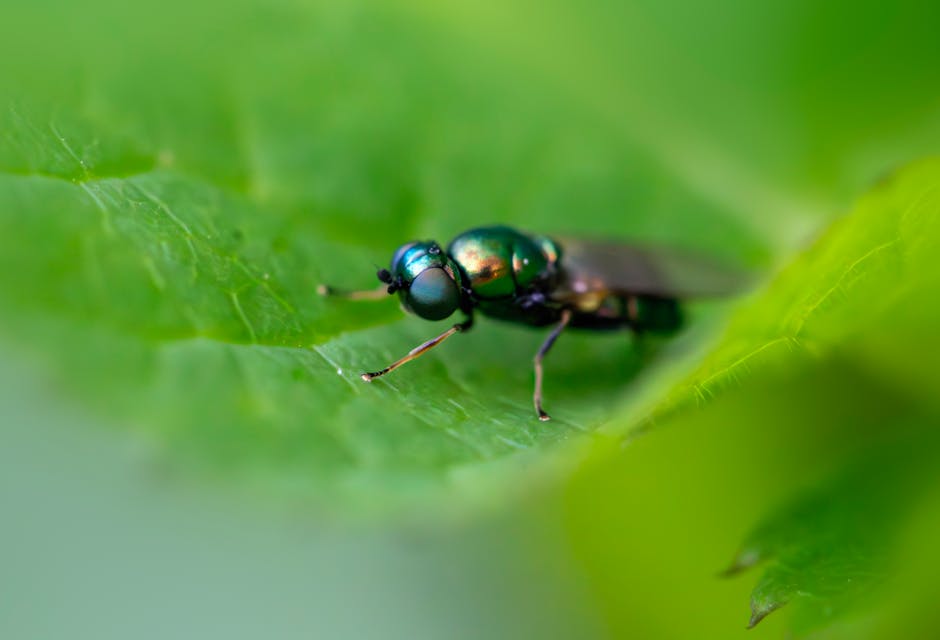The fishing industry is scrambling to contain the spread of a deadly parasite, which has killed millions of farmed fish globally.
Researchers in the Amazon are investigating the group of microscopic parasites, known as myxozoa, in the hopes of developing a vaccine to prevent further spread.
Myxozoa infects fish with lethal diseases, including proliferative kidney diseases in salmon, swim bladder inflammation in carp, and proliferative gill disease in catfish.
And while the financial cost is difficult to calculate, it’s estimated that global industry losses exceed £50m (€58.7m) annually.
Race to find a vaccine
Scientists have been working around the clock to stop the spread of this deadly parasite, and have made a potentially significant breakthrough.
The research team, led by scientists from King’s College London and Universidade Federal de São Paulo (UNIFESP), discovered new genetic mechanisms in fish parasites, which could lead to a vaccine that would safeguard fish farming.
The team conducted their research in the severely affected Amazon Basin, where they found over half of the fish examined to be infected. This high infection rate endangers local fish farming operations, threatens biodiversity, and impacts recreational fishing.
However, the problem isn’t limited to South America. In parts of the western United States, trout populations have declined by as much as 90% due to similar parasitic outbreaks.
To find out more about these parasites, the researchers set up a floating lab on the Amazon in Brazil.
“We work in the Amazon because the diversity of life in the Amazon basin is undisputed and still little-known. This is especially true when it comes to parasites, which are hidden inside their hosts,” says Professor Paul Long, expert in marine biotechnology at King’s College London.
“To our surprise, we uncovered a new process of gene regulation that was previously believed not to exist in these parasites.”
Fish farming is a key contributor to global food security, producing around 100 million tonnes of fish per year (Our World In Data). Understanding how genes are turned on and off opens the opportunity to develop gene-based vaccines to control fish pathogens.
The team hopes this new understanding could help to protect farmed fish, with Dr Santiago Benites de Pádua, a veterinarian and manager of the Brazilian Fish Company noting that, “studies on these parasites are essential for developing strategies to control or reduce their impact on the health of farmed fish.”
Threat to entire fishing industry
Despite the current threat to farmed fish, myxozoa also poses a threat to all fish, as they can thrive in marine and freshwater environments. This puts the $322.3bn fishing industry (IMARC Group) in danger and further heightens the pressure to stop the spread.
And, though less common, myxozoa can also infect amphibians, reptiles, birds, and mammals.

Source: Long-read metagenomic sequencing negates inferred loss of cytosine methylation in Myxosporea (Cnidaria: Myxozoa)
Published online: 13 March 2025
DOI: 10.1093/gigascience/giaf014
Authors: Antonio Starcevic, Rayline T A Figueredo, Juliana Naldoni et al.



